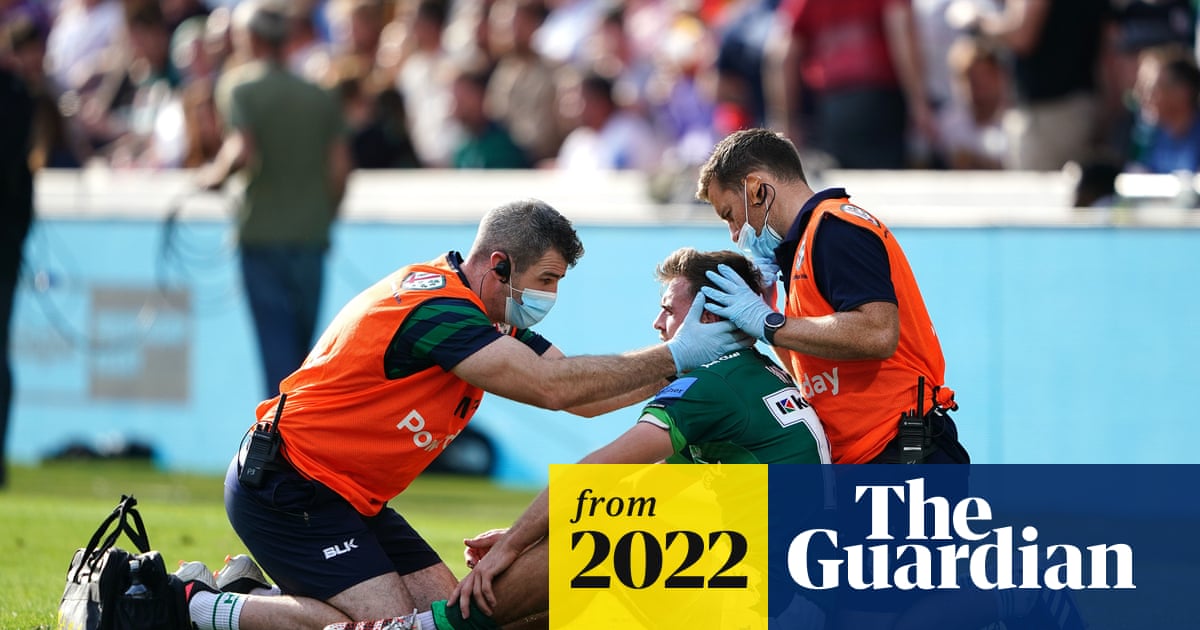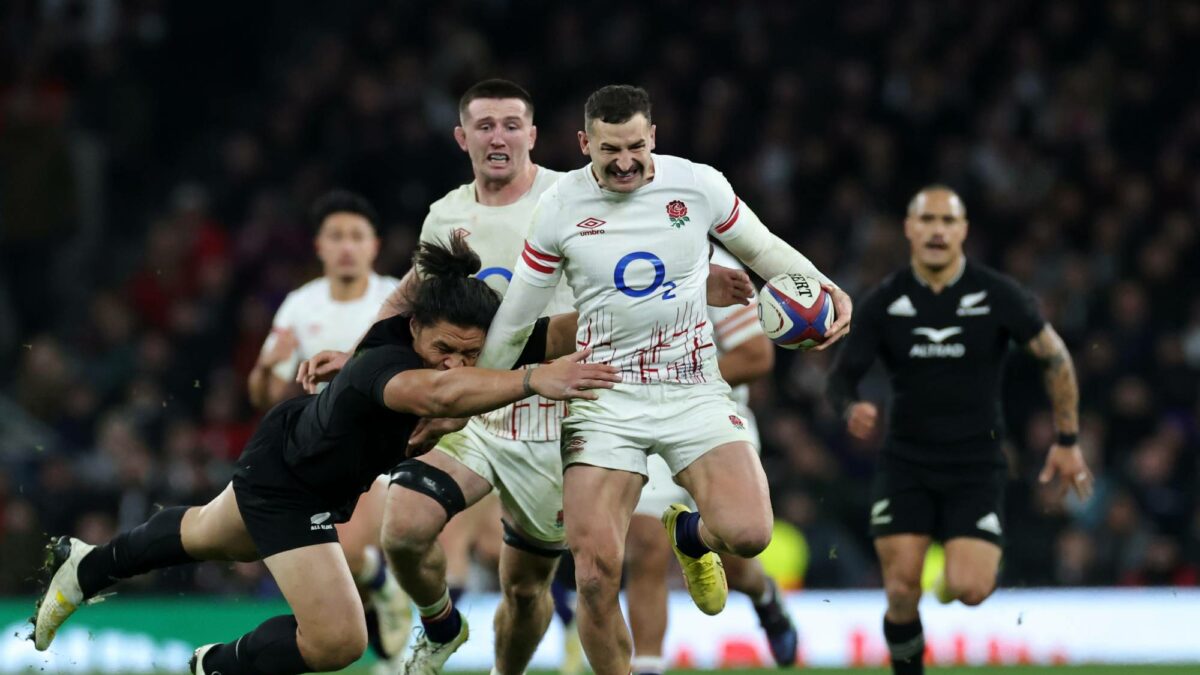PhilClinton
Mark Ella (57)
Don't think rugby or any contact sport will be around in 30-40 years in the Western World the way we are going.
I have some familial ties to ‘Men of League Foundation’ board members. They essentially raise money for post-career player welfare for NRL players (among other things).
Their predicted timeline for the removal of contact sport in Australia is closer to 20 years. It’s one of the reasons the NRL was making a big push on 9’s for a couple of years. Less players on the field and more space = less collisions. They’re looking at alternatives already to the traditional game.



